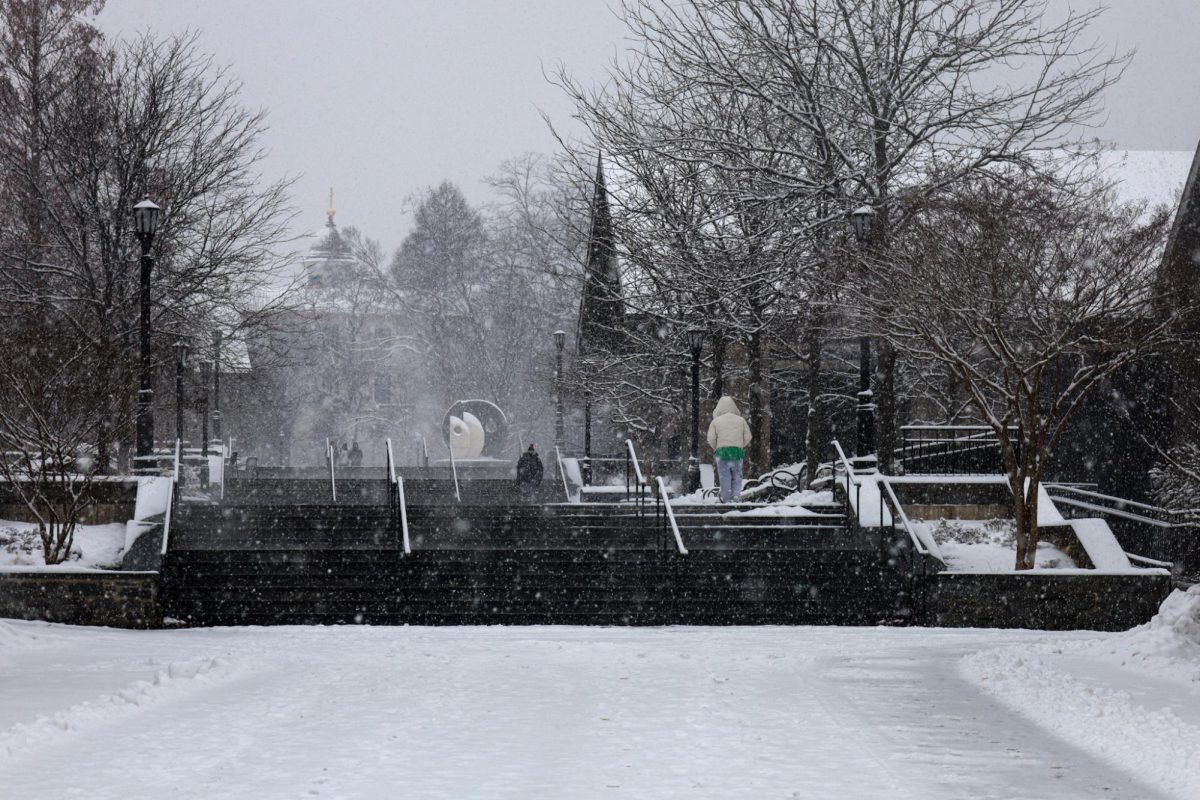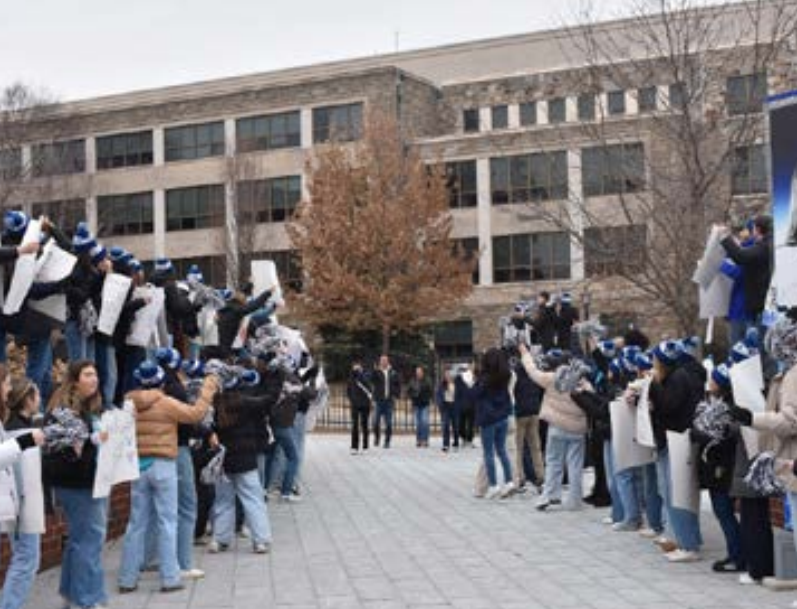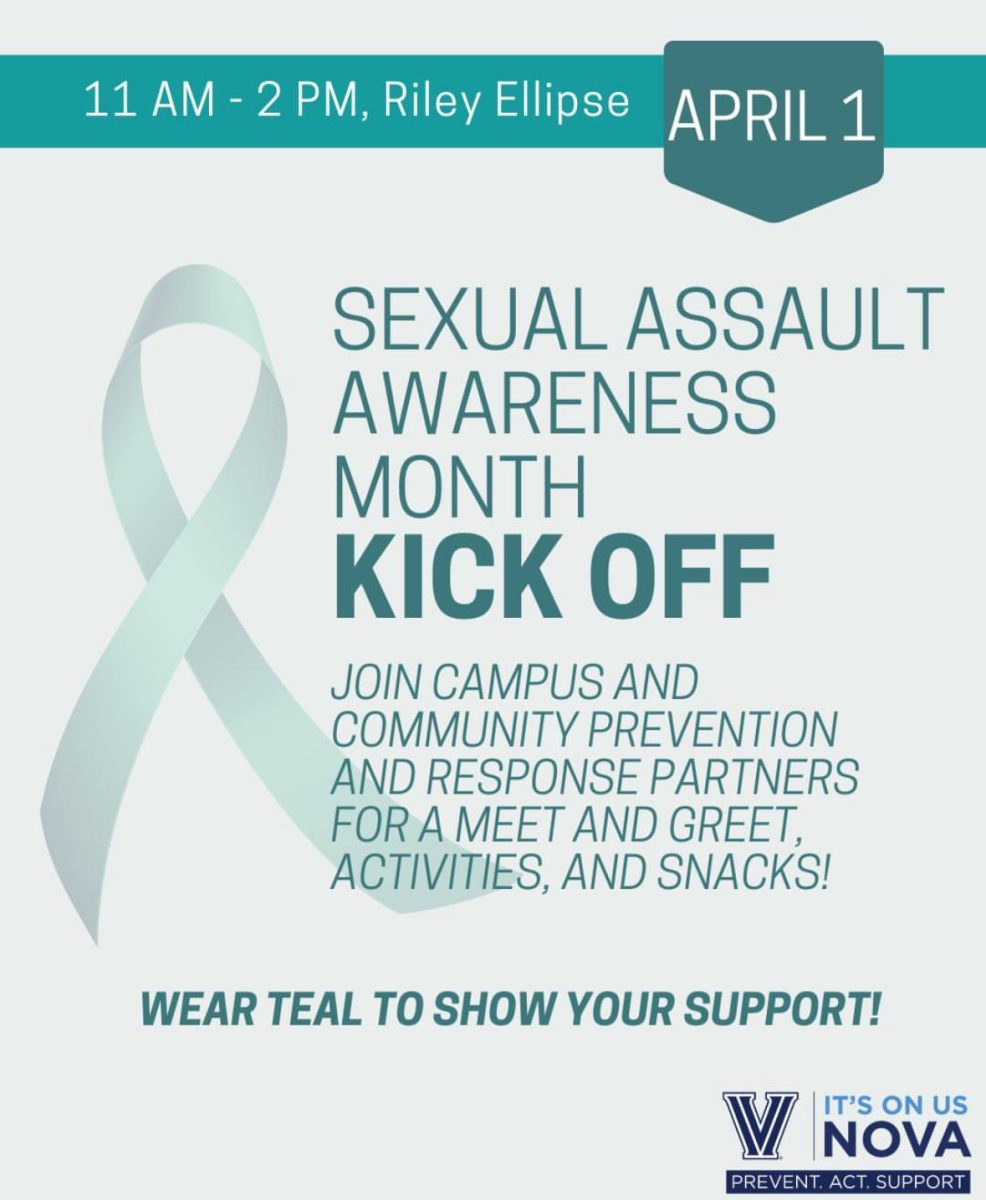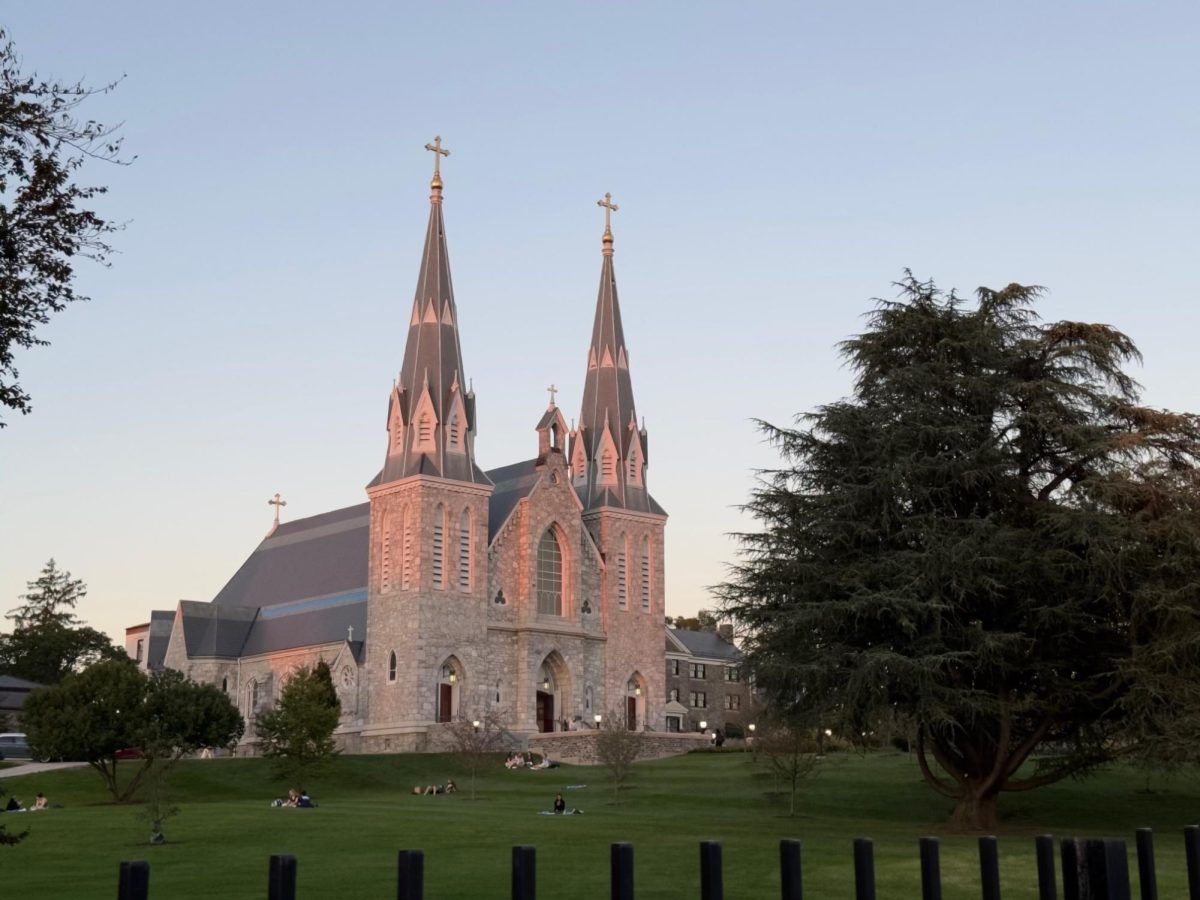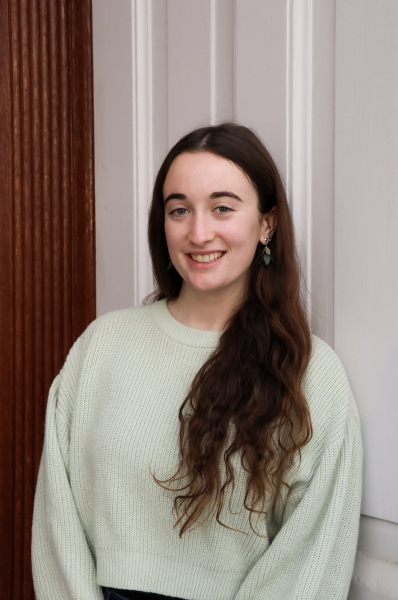At the beginning of this semester, many students wore their pajamas inside out and put a spoon under their pillows, in hopes of a snow day. And with two already this year, those hopes have rung true for students.
In the winter, snow and other weather conditions can cause travel challenges for students and faculty. Icy roads and sidewalks can become obstacles, making it challenging or impossible for students to walk to class.
The University takes a lot into considering if a snow day should be called. Faculty members such as Bob Morro, Vice President of Villanova Facilities, help decide what the right call is.
“[The decision process is] more of a consensus decision,” Morro said. “If [Villanova] has snow during the night, I get up around 5 a.m. and speak to my crew and some of the offices, such as the Law School office and the Athletic Department. We try to evaluate if we can get the campus cleared by whenever classes start, around 8 a.m. or 8:30 a.m. We use three different weather services to predict, we don’t just use one. If it’s a traditional snow day, we cancel classes rather than changing to remote, unless the class is already remote.”
“We usually try to make our decision about opening or closing by 6 a.m. My goal is to always have the Nova Alert out by 6 a.m. We always start talking between 4:30 and 5 in the morning.”
The question of change is one that goes through many people’s heads. Morro does not believe that the process will change in upcoming years since Villanova hadn’t had snow in almost two years prior to this semester.
Villanova Facilities’ Executive Administrative Assistant Trish Robinson is also highly involved with the decision making of a snow day.
“The decision-making process depends on factors [such as] how quickly campus can be made safe for our community to travel,” Robinson said. “In part, this depends on when snow is predicted to start and stop in relation to [coping] operating hours, how much snow or ice is predicted within that time.
“Another factor is how safe the roads are for commuters traveling to and from campus.”
Robinson also touched on the idea that weather patterns may change in upcoming years due to global warming.
“In my personal experience, the northeast goes through unpredictable cycles of inclement weather,” she said. “However, in the last few years or so, we seem to be having milder winters resulting in fewer delays and closures, as well as more rainfall in the spring.”

